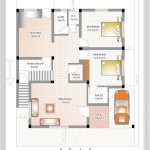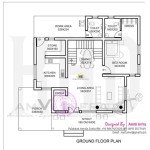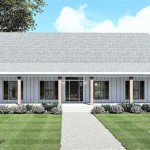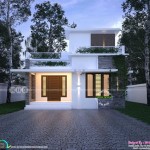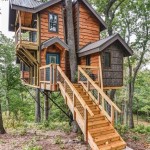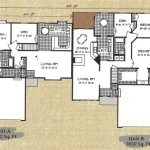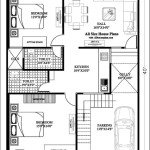Round House Plans With Measurements
Building a round house is a unique and sustainable way to live. Round houses are more energy-efficient than traditional rectangular homes, and they can be built with a variety of materials, including wood, stone, and concrete.
If you're considering building a round house, the first step is to find a plan that meets your needs. There are many different round house plans available, so it's important to do your research and find a plan that fits your budget, lifestyle, and climate.
Essential Aspects of Round House Plans
When choosing a round house plan, it's important to consider the following factors:
- Size: Round houses come in a variety of sizes, from small cabins to large family homes. It's important to choose a plan that is the right size for your needs.
- Layout: The layout of a round house is very different from the layout of a traditional rectangular home. It's important to choose a plan that has a layout that works for you and your family.
- Materials: Round houses can be built with a variety of materials, including wood, stone, and concrete. It's important to choose materials that are durable and appropriate for your climate.
- Energy efficiency: Round houses are inherently more energy efficient than traditional rectangular homes. However, it's important to choose a plan that incorporates energy-efficient features, such as insulation, windows, and doors.
- Cost: The cost of building a round house can vary depending on the size, layout, materials, and energy efficiency of the home. It's important to set a budget before you start building.
Measurements for Round House Plans
When choosing a round house plan, it's important to consider the measurements of the home. The following measurements are essential:
- Diameter: The diameter of a round house is the distance across the widest part of the home. It's important to choose a diameter that is large enough for your needs.
- Height: The height of a round house is the distance from the floor to the ceiling. It's important to choose a height that is comfortable for you and your family.
- Floor area: The floor area of a round house is the total square footage of the home. It's important to choose a floor area that is large enough for your needs.
Benefits of Round House Plans
There are many benefits to building a round house, including:
- Energy efficiency: Round houses are more energy-efficient than traditional rectangular homes because they have a smaller surface area and less heat loss. This can save you money on heating and cooling costs.
- Structural stability: Round houses are more structurally stable than traditional rectangular homes because they have a continuous load path. This means that they are less likely to collapse in the event of an earthquake or other natural disaster.
- Space efficiency: Round houses are more space-efficient than traditional rectangular homes because they have no wasted space. This means that you can have a larger home on a smaller lot.
- Aesthetics: Round houses are unique and visually appealing. They can make a statement in any neighborhood.
Conclusion
Round house plans are a great option for those who are looking for a sustainable, energy-efficient, and unique home. By following the tips in this article, you can choose a round house plan that is right for you and your family and enjoy all the benefits that round houses have to offer.

Round House Building Plans With Photos

Roundhouse Round House Home Design Plans

Would Living In A Round House Be Awesome Or It Suck Core77

Two Bedroom Roundhouse

10 Meter Roundhouse Natural Building Blog

Would Living In A Round House Be Awesome Or It Suck Core77

Two Story Roundhouse Plan

Custom Floor Plans Modern Prefab Homes Round House

Custom Floor Plans Modern Prefab Homes Round House

1 5 Story Roundhouse

